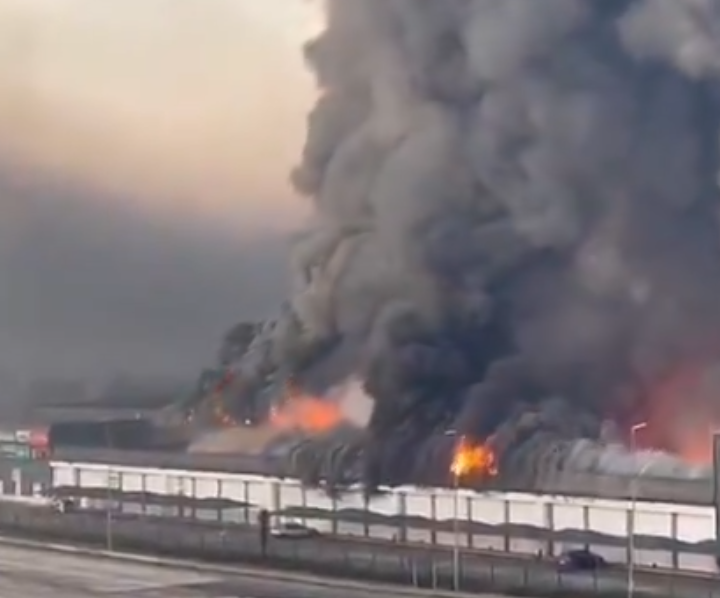Cape Town – As economic stagnation, unemployment, and inequality persist in South Africa, businesses are increasingly worried about the potential for civil unrest, which could have severe economic and social consequences.
According to Daily Investor, Allianz Commercial’s 2025 Political Violence and Civil Unrest Trends report reveals that political risks and violence remain a top concern globally, with over half of surveyed companies identifying civil unrest as their biggest threat. The report highlights that businesses in emerging markets, particularly in regions experiencing prolonged economic distress and political uncertainty, are at heightened risk.
In South Africa, 79% of businesses fear unrest, particularly a repeat of the 2021 July Riots, which saw widespread looting, destruction of infrastructure, and loss of lives. The riots, sparked by the imprisonment of former president Jacob Zuma, led to economic losses exceeding R50 billion, with thousands of businesses affected.
Far-reaching consequences
The report suggests that a lack of economic recovery and deepening social frustrations could create conditions for similar disturbances in the near future.
Civil unrest can have far-reaching consequences, including threats to employee and customer safety, significant business interruptions, and extensive property damage. These events also place immense financial strain on insurers and reinsurers, who bear the burden of compensating affected businesses and individuals.
According to Swiss Re, insured losses from civil unrest globally exceeded $10 billion over the past decade, with South Africa contributing significantly to these figures due to events like the July Riots.
Countries like Colombia, France, the UK, and the US share similar concerns, with social and economic grievances fueling periodic unrest. In the US, for instance, protests linked to racial inequality and police brutality have resulted in billions of dollars in damages. In France, the “Yellow Vest” protests disrupted business operations and transport networks, causing economic setbacks.
Water shortages
A growing concern in South Africa is the impact of water shortages on social stability. Despite full dam levels, particularly in Gauteng, systemic issues such as poor infrastructure maintenance, leaks, and mismanagement have led to severe water supply disruptions. Reports indicate that over 40% of pumped water is lost before reaching consumers due to aging infrastructure and inefficient governance, as highlighted by Daily Investor.
“If we manage our water wisely, we certainly have enough to grow our economy and population. The problem is that we are not managing it wisely,” the report quoted water scientist Dr Anthony Turton previously explained.
Experts warn that unresolved water crises could exacerbate economic challenges, leading to factory shutdowns, job losses, and heightened tensions within communities. A lack of reliable water supply can directly affect industries such as agriculture, manufacturing, and retail, compounding existing economic hardships.
President Cyril Ramaphosa has acknowledged the crisis, attributing the failures to inadequate investment in water infrastructure, particularly at the municipal level. He has urged municipalities to prioritise maintenance and investment in water systems, but critics argue that government inefficiencies and corruption continue to hinder progress. If left unresolved, the ongoing water challenges could further inflame public frustration, leading to increased civil unrest and economic decline.


